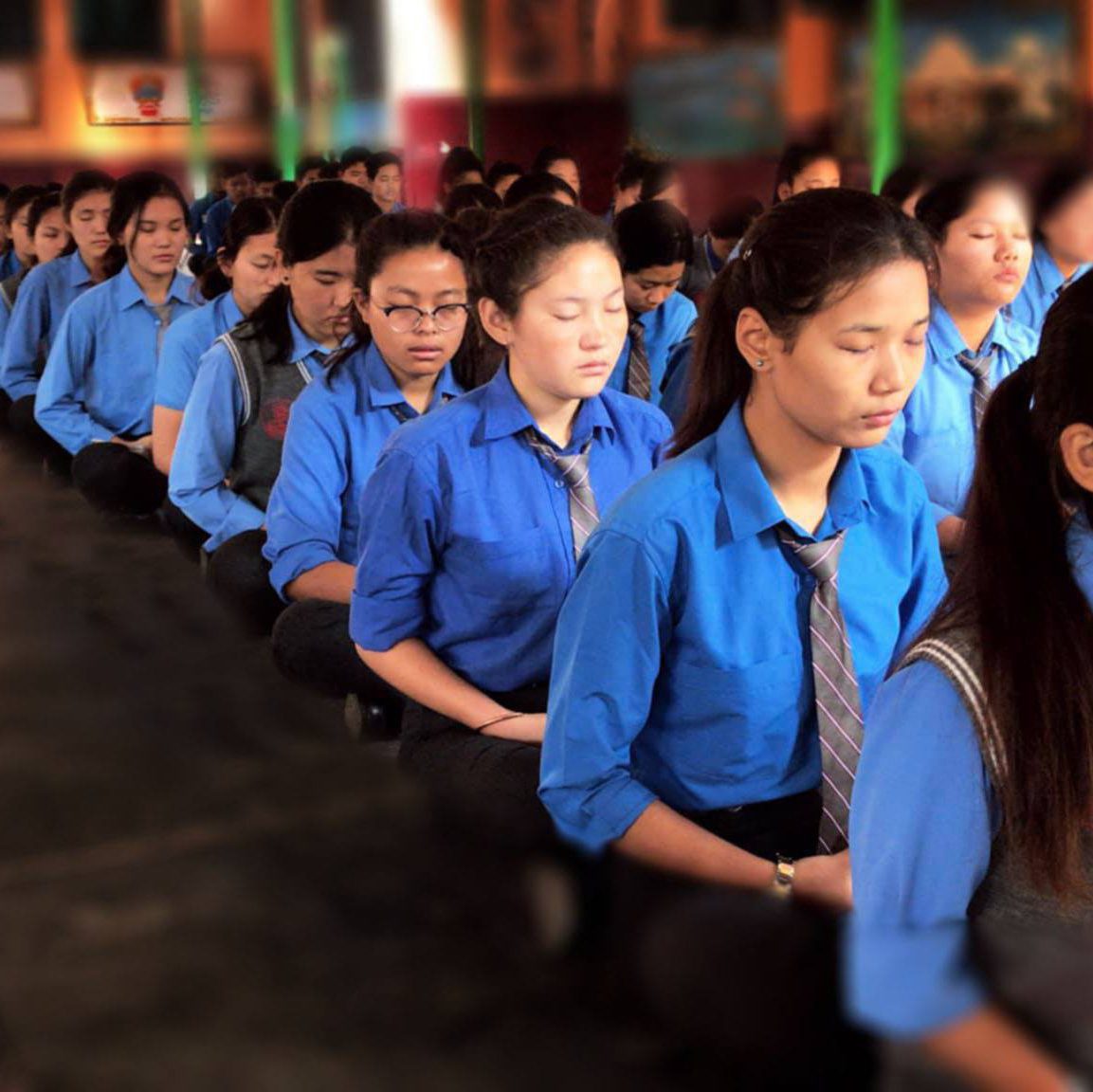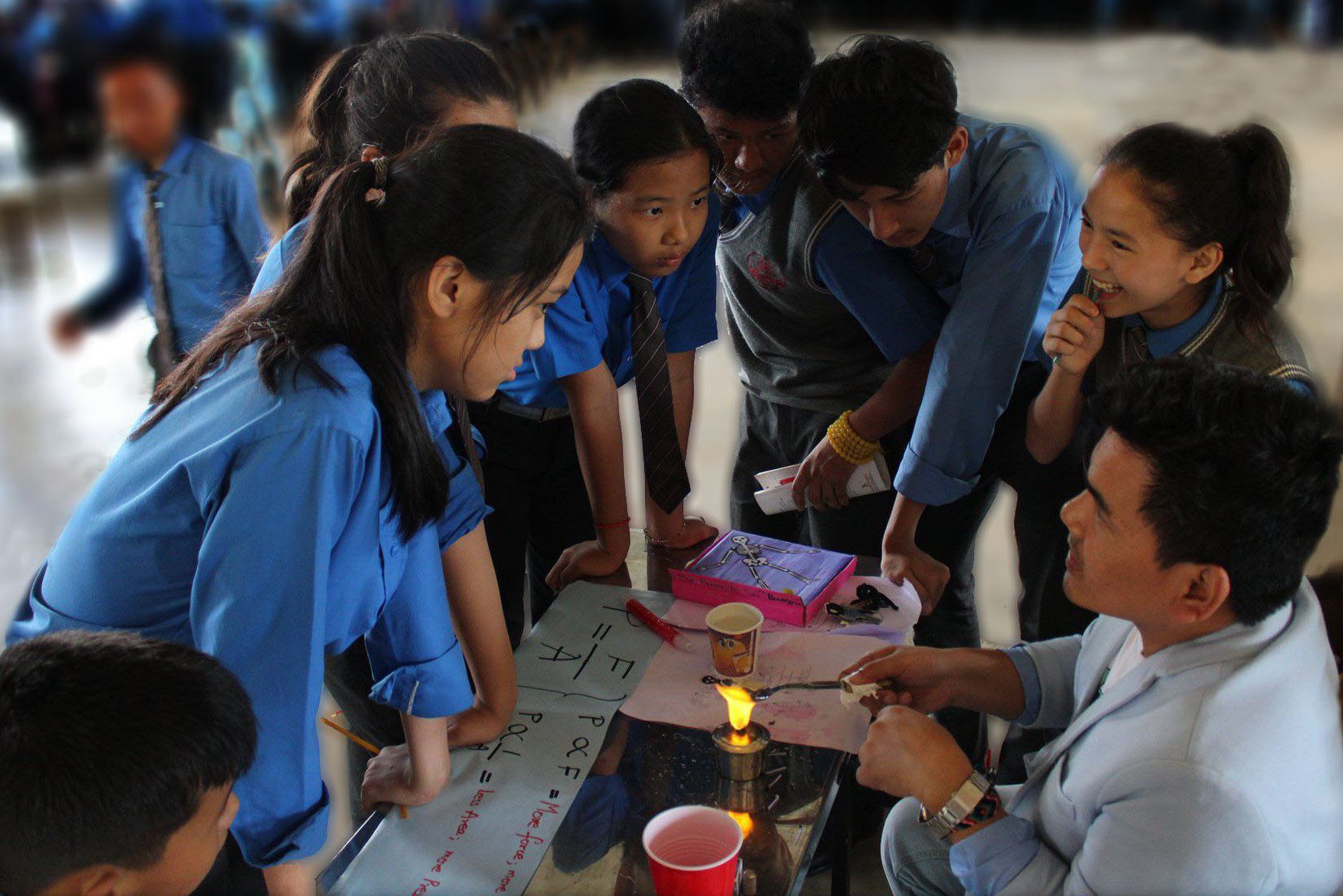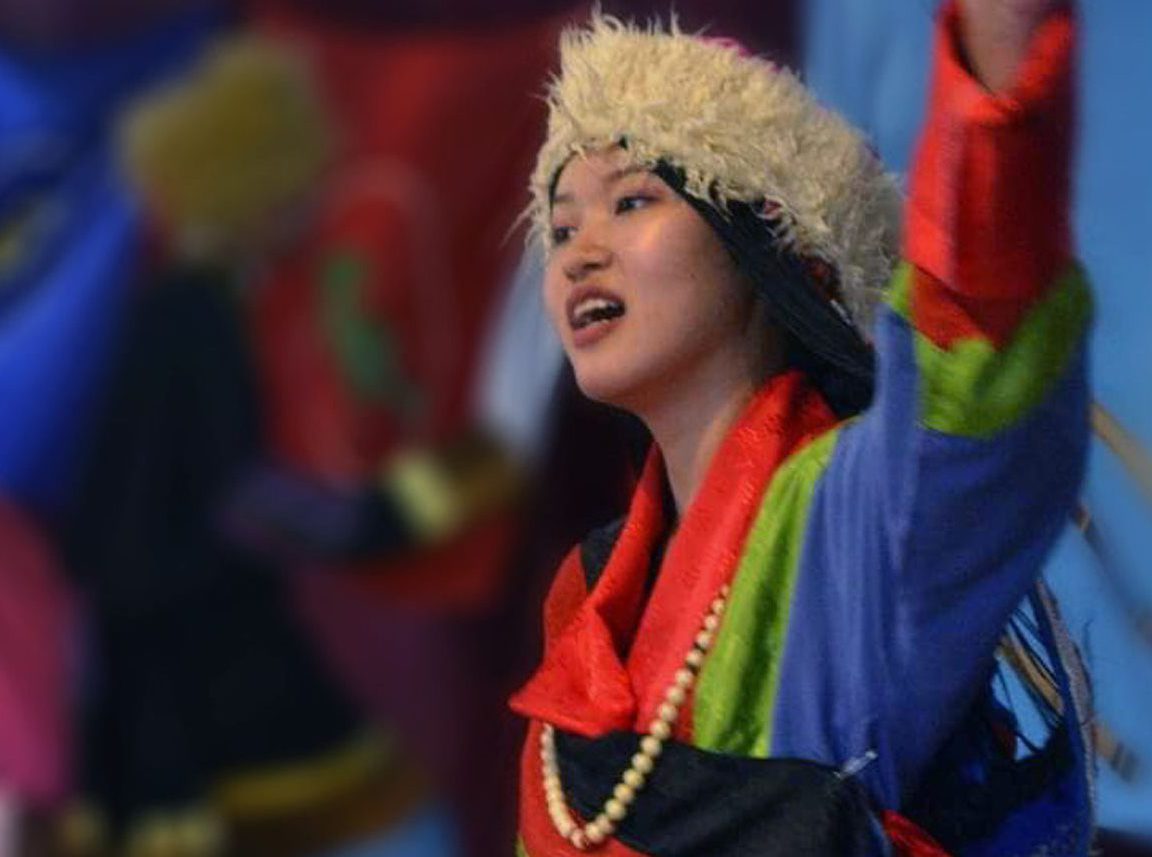SAMBHOTA TIBETAN SCHOOLS SOCIETY
Vacation & Break
(For the Academic Session 2025-26)
Winter-bound Schools
STS Sonada, STS Bir, STS Chauntra, STS Dholanji, STS Ravangla, STS Shillong, STS Tenzingang, STS Dalhousie, STS Shimla, STS Kalimpong, STS Darjeeling, STS Mussoorie, Mewoen Tsuglag Petoen School, Gangkyi Petoen Day School & STS Manali:
21 December – 8 February (50 Days)
1 June – 20 June (20 days)
Summer-bound Schools
STS Mundgod, STS Kollegal, STS Gurupura, STS Bylakuppe, STS CVP, STS Arlikumari, STS Gulledhala, STS Kailashpura, STS Gothangaon, STS Mainpat, STS Miao, STS Tezu, STS Chandragiri, STS Lobersing, STS Mahendragarh, STS Paonta Sahib, STS Herbertpur, STS Puruwala & TNMF:
1 May – 19 June (50 Days)
21 December – 09 January (20 days)
Fund a project! It will only take a minute
List of Holiday for the Academic Session 2025-26
(Apart from the listed holidays, School Heads has the authority to declare 3 additional holiday each to match local festival and annual day/sports day)
1st January, New Year 2025
New Year is the time or day at which a new calendar year begins. Many cultures celebrate the event in some manner. In the Gregorian calendar, the most widely used calendar system today, New Year occurs on January 1 (New Year’s Day, preceded by New Year’s Eve). This was also the first day of the year in the original Julian calendar and the Roman calendar (after 153 BC).
05th & 06th January, Nine Bad Omen & Ten Good Omen Day:
It starts on the 6th day of the 11th Tibetan month at 12:00 noon, and ends at 12:00 noon on the 7th day. At the time of the Buddha, one practitioner tried to perform a lot of positive actions on this day, and nine bad things happened to him.
26th January, India’s Republic Day
Republic Day has been celebrated every year in India on January 26, since 1950 to honour the date on which the Constitution of India came into effect. India was a colony of the British for over 200 years and became independent from the rule of the British Raj following the Indian independence movement.
28th Feb., 1st & 2nd March, Three-day observance of Tibetan Losar
The first day of the first month of Tibetan lunar calendar is marked as Losar, Tibetan New Year. Traditionally Tibetans celebrate Losar to signify harvesting the yearly crop by the farmers and celebrating the joy over good yield from the field before the beginning of next yearly cultivation. They make prayer offerings, hanging prayer flags, ceremonies, folk dances and friends and family reunions.
10th March, Tibetan National Uprising Day:
This day marks the anniversary of the Tibetan people’s peaceful uprising of 1959 against the People’s Republic of China and its occupation of Tibet. On 10 March 1959, the nation-wide Tibetan resistance culminated in the Tibetan National Uprising against the PRC in Lhasa. Thousands of Tibetan men, women and children were massacred in the streets, and many were imprisoned as a direct consequence of the uprising.
14th March, Chotrul Düchen, Festival of Miracles:
First of the four major Buddhist holidays, Chotrul Düchen occurs on the 15th day of the first Tibetan lunar month. It is also known as the Chonga Choepa or the Butter Lamp Festival. It is the final day of the Festivals of Miracles which lasts over 2 weeks. On the evening of this day, a huge butter sculpture measuring a size of 3-storey building is displayed outside for the public view.
11th June, Saga Dawa Düchen, Month of Merits (Vesak):
The full moon day of the fourth month of the Tibetan lunar calendar is considered the most sacred day in Tibetan Buddhism. It is a day of honouring the birth, enlightenment, and parinirvana. It is believed to be especially auspicious and beneficial to do virtuous deeds on this day.
06th July, Birthday of H.H. The Dalai Lama
The birth anniversary of Tibet’s supreme spiritual leader, His Holiness the 14thDalai Lama is celebrated all over the world and in Tibet. Born on July 6, 1935, at Taktser hamlet in northeastern Tibet, the Dalai Lama was recognised at the age of two as the reincarnation of the 13th Dalai Lama, Thubten Gyatso.
10th July, Zamling Chizang, Universal Prayer Day:
The 15th day of the fifth month of the Tibetan lunar calendar is marked a Buddhist holiday to commemorate Guru Rinpoche’s subjugation of local demons and the successful completion of the first Tibetan monastery – the Samye monastery.
28th July, Choe-khor Due-chen, Buddha Shakyamuni’s First Teaching:
Third of the four major Buddhist holidays, Chökhor Düchen is marked to celebrate Buddha’s first turning of the Wheel of Dharma at Saranath on ‘The Four Noble Truths’. It occurs on the fourth day of the sixth Tibetan lunar month.
15th August, Independence Day of India
Independence Day is an annual observance to celebrate India’s freedom from 200 years of British rule. The first Independence Day was celebrated in India on the 15th of August in 1947.
02nd September, Democracy Day Tibet
This day commemorates the anniversary of the establishment of the Tibetan Parliament-in-Exile. On this day in 1960, the Parliament of the Central Tibetan Administration was officially established.
05th September, Maid-un-Nabi or Eid-e-Milad
Eid-e-Milad-un-Nabi or Mawlid is the birth anniversary of Prophet Muhammad. The popular Islamic festival is celebrated across the world in the third month of the Muslim lunar calendar. The Sunni and the Shia sects observe Eid-e-Milad-un-Nabi on different days. Milad Un Nabi Mubarak mark the sacred day for Muslims.
02nd October, Gandhi Jayanti
This day is celebrated in honour of the birthday of the Father of India and leader of India’s Independence movement, Mahatma Gandhi. The United Nations General Assembly declared 2nd October as the International Day of Non-Violence.
02nd October, Dussehra
Dussehra, also called Dasara or Vijayadashami, in Hinduism, holiday marking the triumph of Rama, an avatar of Vishnu, over the 10-headed demon king Ravana, who abducted Rama’s wife, Sita. … For many, it marks the beginning of preparation for Diwali, which occurs 20 days after Dussehra.
20th October, Diwali (Deepawali)
Diwali is a festival of lights and one of the major festivals celebrated by Hindus, Jains, and Sikhs. The festival usually lasts five days and is celebrated during the Hindu lunisolar month Kartika. Diwali celebrates Rama’s eventual defeat of the evil spirit Ravana, and his triumphant return to his home. The business community considers it an auspicious time to start new ventures, as the festival coincides with the Hindu New Year.
11th November, Lha-Bab Due-chen, Buddha Shakyamuni’s Descent from Heaven:
The fourth major Buddhist holiday occurs on the 22nd day of the ninth Tibetan month. This day is celebrated to observe Buddha’s descent from The Heaven of Thirty-Three to earth. In order to repay his mother’s kindness and to liberate her, Buddha spent three months of teachings in the realm of the gods where she was reborn.
10th December, Nobel Peace Prize Day
This day is celebrated as the anniversary of the conferment of Nobel Peace Prize on His Holiness the Dalai Lama. On 10 December 1989, His Holiness the 14th Dalai Lama was awarded the prestigious Nobel Peace Prize in recognition of his nonviolent campaign to end China’s repression of Tibet.
Discretionary Holidays
1 Holiday: In lieu of Annual Day/ Sports Day, 2 Holiday: To match Local Festival


